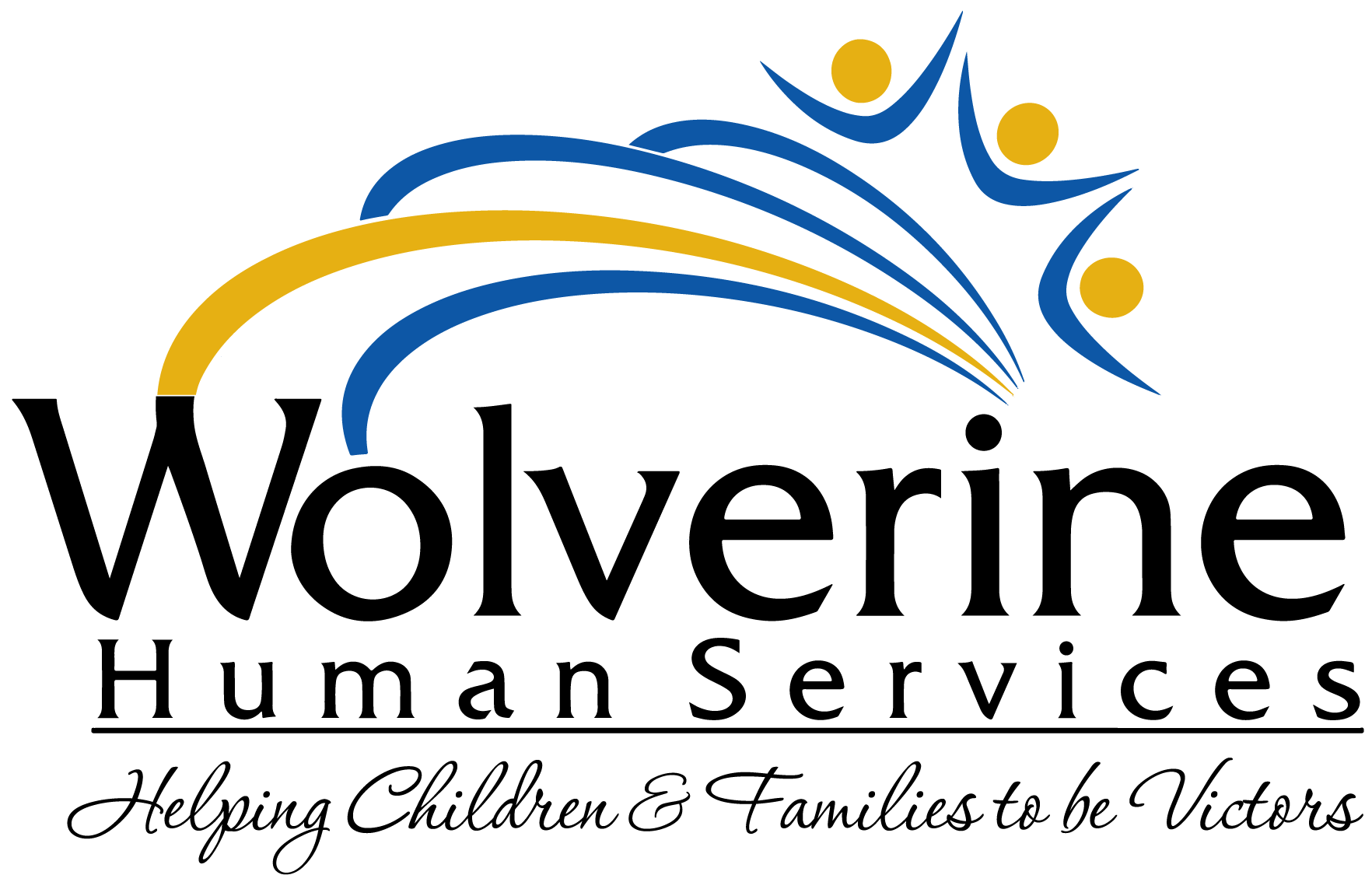CBT is EBP at WHS
We’ve been talking about it, but here’s what’s really been going on…
We have been talking about it, meeting about it, reading about it, training about it, measuring it, collaborating on it, and even bragging about it. So what is different and what do the acronyms actually mean when it comes to helping young people?
| CBT (Cognitive Behavioral Therapy) | Aims to teach the client skills to recognize and influence the interaction between thoughts, behaviors, feelings, and sensations |
| EBP (Evidence Based Practice) | Science-informed care; Shown to be superior to other treatments |
| WHS (Wolverine Human Services) | Helping children to be victors with comprehensive, individualized care |
WHS opened our doors, minds, and ears as we kicked off the project with a detailed organizational assessment. Our clients, staff, clinicians, managers and executives participated in surveys and focus groups to learn about our culture, morale, willingness to change and needs for improvement. From that initial assessment 3 years ago, the following exciting changes have occurred.
Five-Year Plan—implementation and sustainment, investing in our youth:
- Implementation blueprint has been tailored and guided closely by industry leading, world-renowned CBT experts, the Beck Institute, as well as students and clinical psychologist in the Department of Psychological and Brain Sciences via Indiana University Implementation Science. Obtaining expert consultation from a Beck Scholar and Implementation Scientist.
- Onsite recurring 5-day training sessions including all levels of staff and clinical continuing education hours. Content is developed and tailored specifically for WHS.
- Clinical skill training and case consultation bi-weekly with an internal ‘change’ team and the consulting experts.
- Insider change teams called Implementation Teams (youth care workers, site managers, clinical staff) to guide and champion CBT across programs.
- CBT is becoming integrated in all that we do, including staff meetings because it is a model for understanding and improving the human experience.
Trauma-informed, CBT rooted and symptom-based programs:
- Trauma trainings for all staff and educational group for clients.
- Therapists with trauma specific training to educate and teach young people lifelong trauma recovery skills.
- CBT model and strategy training for all staff in orientation week.
- Grounding objects and skills to manage extremes of mood and distress (weighted blankets, kinetic sand, focal items, ice, self-soothing tools)
- Commitment to lasting positive change, self-analysis and self-regulation by young people versus compliance and discipline.
- Each client is involved in weekly outcome monitoring during individual therapy to track problem symptoms and behaviors and to chart client progress to promote recovery.
- Embedded use of the CBT Case Conceptualization, which provides staff with a shared working hypothesis of what maintains youth struggles.
- Psychoeducational handouts to ensure staff at all levels understand how mental health problems manifest.
New and Improved:
- Language and tools for clients. The experts tailor-made and provided some great stuff for our young people, staff and therapists to use in day-to-day living.
- Caregiver handbook for parents/guardians.
- Tools for clinical assessment and service planning.
Coming Soon to WHS! Next steps and pending projects:
- CBT-skill based job descriptions and performance evaluations to ensure all staff have core understanding and practical skills in CBT.
- CBT progressive skill testing appropriate for time in position and based on position.
- CBT based client handbook with CBT embedded level testing for program progress.
- A core of CBT certified clinical staff/managers to ensure sustainable progress and embed CBT into all things WHS through direct supervision from the Beck Institute.
- A core set of CBT group topics and session material for increasing the reach as well as shared language and application of CBT.
And much more as things develop…we will keep you posted. We have seen so many positive and evidence-based changes at this midway point that our prognosis for more and better is excellent as we move into the next 2 years of work.
WHS is proud to be the first youth residential setting to commit to a comprehensive, multi-staff level tailored CBT implementation, from which the research results may prove useful to other agencies who wish to take on such a challenge. Thanks for your interest and ongoing support!
Katrina Brock, LMSW, CAADC, CCS, is Director of Clinical & Quality Services at Wolverine Human Services. Katrina has over 16 years of direct clinical as well as administrative experience. She leads WHS’ Quality & Performance Improvement Department and is the agency lead consultant for accreditation with the Council on Accreditation. She is very proud of WHS’ new programs and evidence-based practice initiatives. On the side, Katrina enjoys doing outpatient therapy directly with clients and working with diverse populations of clients.
